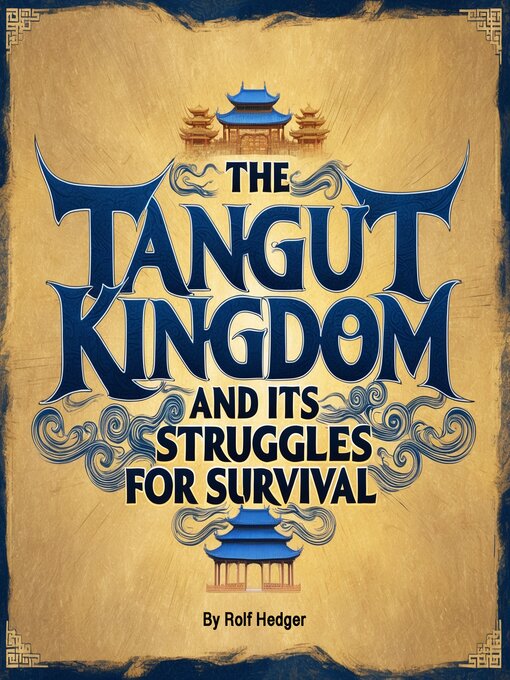The Tangut people, an ethnic group of uncertain origins, gradually emerged as a distinct force in northwestern China. They are believed to have descended from the Qiang tribes, a collection of nomadic and semi-nomadic groups that roamed the Tibetan Plateau and the Ordos region. Over centuries, they migrated and settled in what is now modern-day Ningxia and parts of Gansu and Inner Mongolia, where they established communities and developed a unique cultural identity. Their position between the Tibetan Plateau, the Central Asian steppes, and the Chinese heartland made them an important intermediary in regional affairs.
The Tangut rise to prominence was influenced by their interactions with the dominant powers of the region. The Tibetan Empire, which controlled vast areas of western China until its decline in the ninth century, played a significant role in shaping early Tangut culture and governance. The collapse of the Tibetan Empire created a power vacuum that allowed smaller groups like the Tangut to assert their independence. At the same time, the weakening of the Tang Dynasty left northern China vulnerable to fragmentation, further enabling the Tangut to carve out a space for themselves.
By the tenth century, the Tangut had developed into a formidable military and political entity, leveraging their strategic location along trade routes to establish economic and diplomatic ties with neighboring states. They maintained relations with the Song Dynasty to the east, the Tibetan remnants to the south, and the nomadic Khitan Liao Empire to the north. These interactions not only enriched Tangut society but also introduced them to a variety of political models, from the bureaucratic governance of the Chinese dynasties to the tribal confederations of the steppe.
